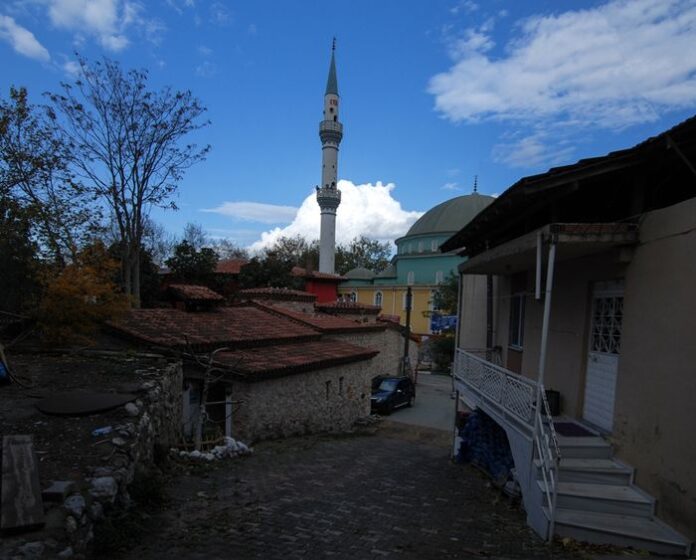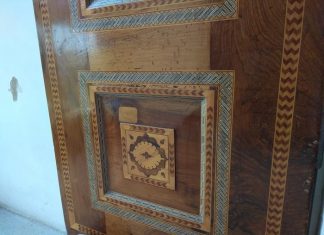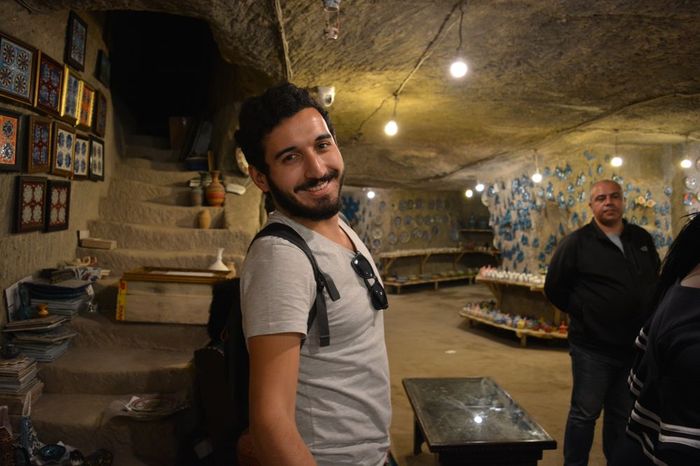Being a newspaper editor in Turkey is not easy. Editors face many challenges, especially due to strict censorship laws. Even with these restrictions, the Turkish press has a strong influence on society. This may seem surprising, considering that no private printing presses were allowed in Turkey until the time of the Crimean War in the 1850s.
Growth of Newspapers in the Country
Today, there are daily newspapers in nearly every major town across the empire. Each vilayet (province) has its own official newspaper. In Constantinople, the press is especially active. The city has countless newspapers covering topics such as politics, religion, literature, science, and business Customized Guided Sofia Tours.
What makes Constantinople’s press unique is the number of languages in which newspapers are published. These include:
Arabic, Armenian, Bulgarian, English, French, German, Greek, Hebrew, Italian, Syriac, Persian, Spanish, And three dialects of Turkish
This variety makes Constantinople one of the most linguistically diverse press centers in the world.
The Beginning of Press Censorship
During the Crimean War, newspapers were freely published without many rules. But in 1861, a press law was introduced. It banned articles that criticized:
The Sultan, The government, The church, The police, Other officials
Editors were also told to avoid religious and political topics. If they broke these rules, they could be:
Fined, Imprisoned, Or have their newspaper shut down
Increased Government Control
A few years later, the Minister of the Interior took even more control over the press. If he didn’t like an article, he could:
Punish the editor, Close the newspaper, Or even take its property
This continued until around 1886, when a new system was put in place. The government introduced preventive censorship, meaning articles had to be approved before publication Education in the Turkish Empire.
The Role of the Press Bureau
A special press bureau was created under the Sultan’s private cabinet. Censors from this bureau were sent to newspaper offices. These censors were officially there to “assist” editors but were actually watchdogs. They were paid by the editors—and often expected bribes. The more money they received, the easier they made the editor’s life.
Every article had to be submitted to the censor’s desk. If the censor approved it, he would stamp it with a rubber seal and sign it. Without this stamp, the article could not be printed.
Press Freedom in Name Only
Although newspapers exist in large numbers and cover many topics, their freedom is limited. Editors work under constant pressure, knowing that one wrong word could lead to punishment, closure, or even arrest. Despite these hardships, the press in Turkey continues to be a powerful voice in society, though always under the watchful eye of government control.








